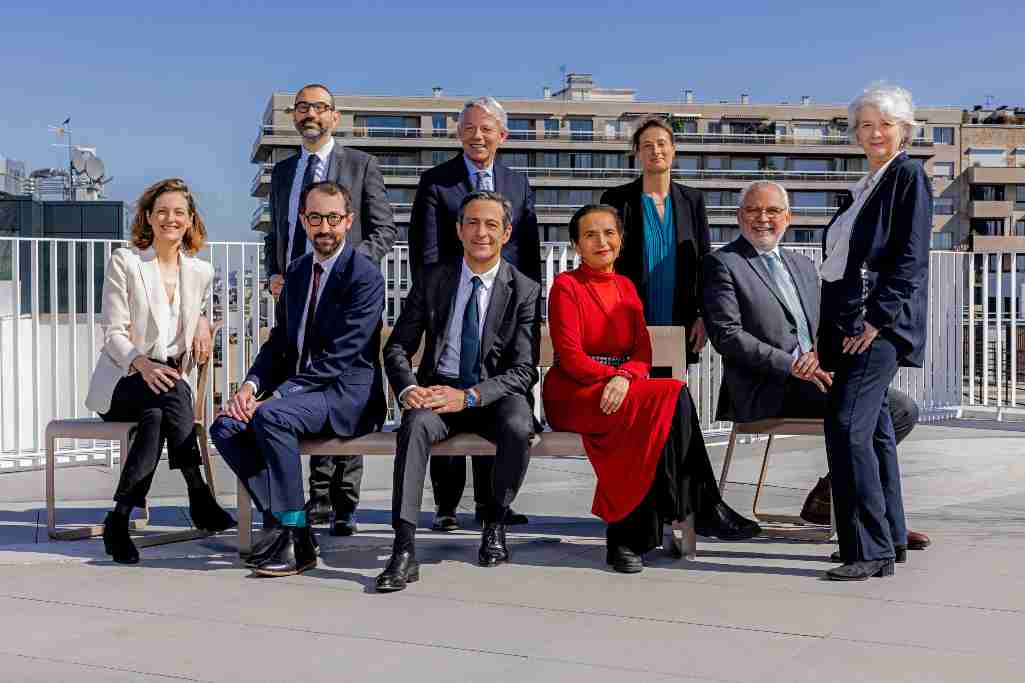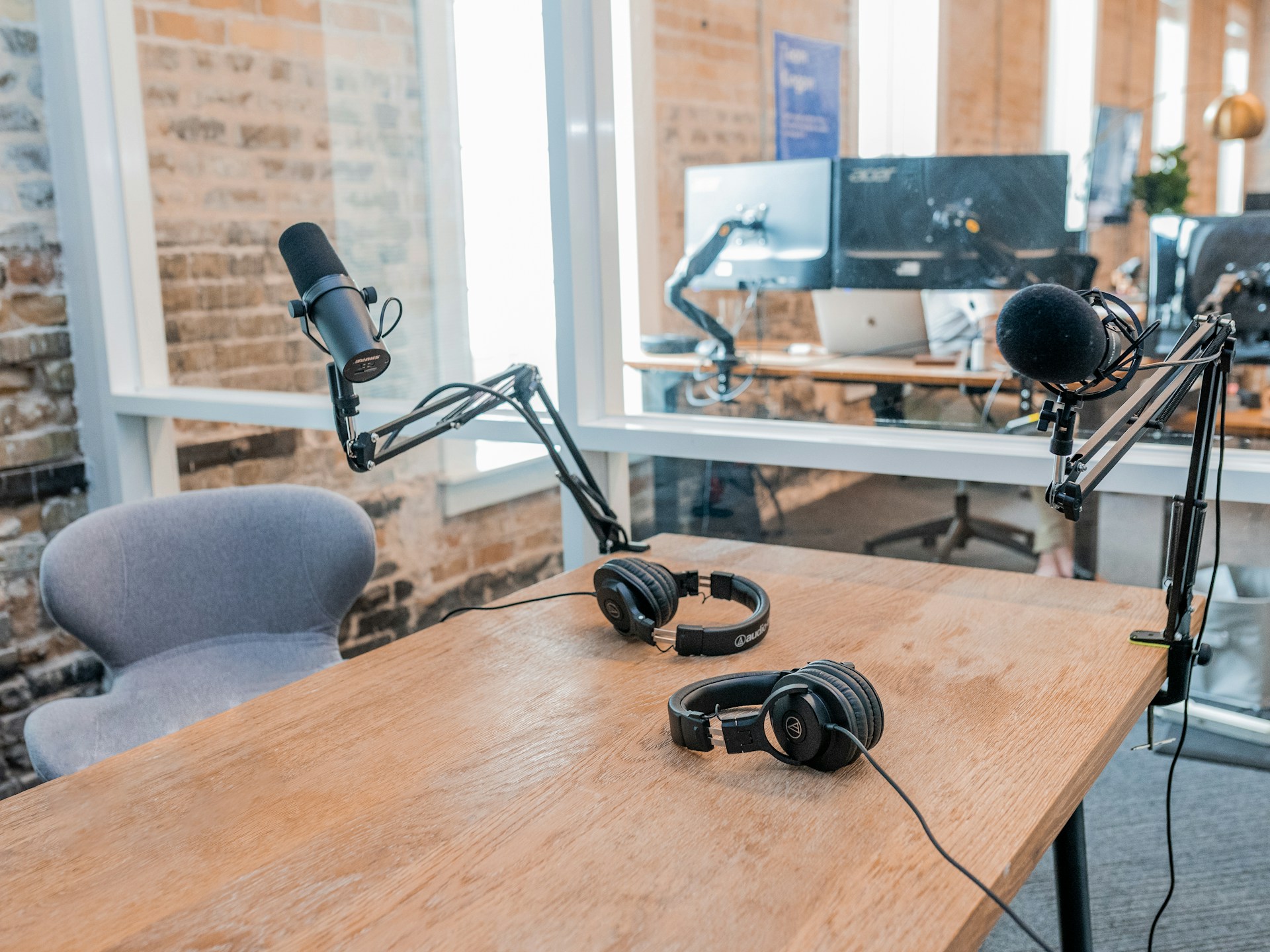An independent expert report conducted at France Télévisions has painted a grim picture of a toxic work environment.
France Télévisions, the flagship of the nation’s public broadcasting service, has long prided itself on promoting diversity and combating intolerance. Internally, though, it was rife with allegations of systemic discrimination, toxic management and widespread abuse, the report found.
This was the conclusion of the independent study by the French health and workplace firm CEDAET that was sent to the Social and Economic Committee (CSE) of France Télévisions and reported by news outlets La Lettre and Les Echos yesterday.
In the report, the newsroom’s working climate is described as “brutal”, while the organisation is dubbed “authoritarian and elitist”.
Journalists are treated unequally, causing inter-staff tensions.
It cites “humiliations” in meetings, arbitrary performance reviews and a hierarchy that rewards loyalty over merit.
CEDAET issued its report to the CSE, which ordered the investigation after concerns rose about the internal workings, with employees speaking of “a deep, large-scale malaise” within the national newsroom.
That unit concerns around 400 journalists who work at France 2 and France TV, the main news divisions of the organisation.
Despite management’s claims at the time that the merger of the France 2 and France 3 newsrooms would create new career opportunities and improve resources, many of the journalists interviewed said the opposite occurred.
The merger, initiated in 2012 under the Info 2015 plan and gradually implemented over the following years, was meant to bring together the national news operations within a single newsroom.
Data collected by CEDAET shows that former France 3 employees remain clearly under-represented in the 8pm newscast, considered the network’s “flagship” programme.
In January, unions warned of the risks to employees, highlighting “systemic” problems including unequal pay, favouritism and discrimination.
The report follows the Legrand-Cohen affair, in which two journalists from the public broadcaster were recorded “conspiring” with highly placed individuals in the Socialist Party, seemingly discussing strategies to promote Socialists and damage Conservatives.
On October 13, France Télévisions had to apologise after a mistake regarding the death of Dominique Bernard. It wrongly and repeatedly said that the professor of letters Bernard had been killed in 2023 after having “shown Charlie Hebdo cartoons”. The killer was found to have been inspired by radical Islam and hate against France. Journalists appeared to have mixed up the Bernard murder with the murder of Samuel Paty.
France Télévisions, the public broadcaster, is in “a critical financial situation that requires without delay structural reforms that have been postponed until now”, the Court of Auditors has warned. https://t.co/rk3LWJSQoA
— Brussels Signal (@brusselssignal) September 23, 2025
La Lettre also published that the Conservative leaning news channel CNews plans to broadcast a documentary in November looking deeper into France Télévisions.
This documentary was originally made by for C8, owned by billionaire Vincent Bolloré, in reaction to a prior investigation by France Télévisions into C8’s top presenter Cyril Hanouna.
It will reportedly focus on alleged financial misconduct, including the use of corporate credit cards meant for business expenses, the allocation of company cars, the management of the works council by the CGT trade union and the remuneration of public service presenters.
Other subjects reportedly include the links between favoured production companies and top management, as well as testimonies involving disgruntled former employees.
Finally, the documentary is set expose the “woke, left-wing and green propaganda” of the public broadcaster, as well as the failure of Salto, the defunct streaming platform set up by France Télévisions, TF1 and M6 in 2023.
Secret film recordings have shown French Socialist Party executives held discussions with prominent public service journalists regarding strategy for the 2027 national election and the municipal elections of 2026.
The recordings of apparent collusion caused an uproar in France,… pic.twitter.com/R4lTwKNXEZ
— Brussels Signal (@brusselssignal) September 8, 2025





